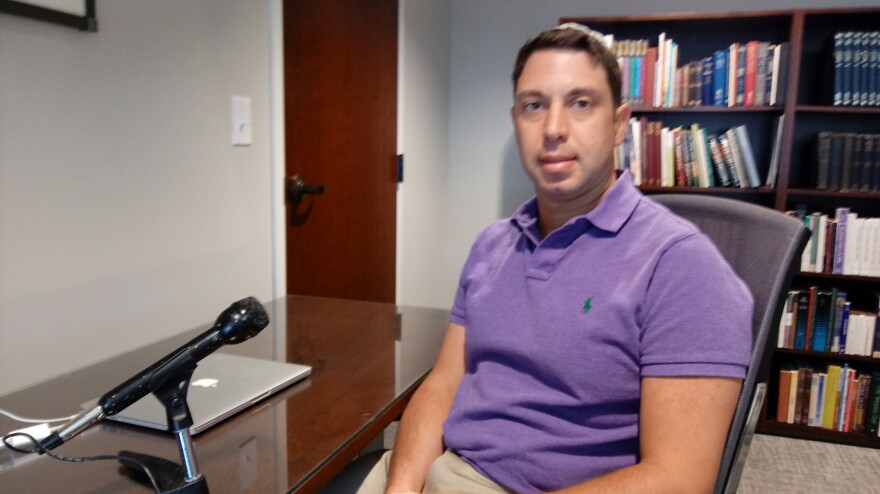One week after the celebration of Rosh Hashanah, the most solemn holiday on the Jewish calendar, Yom Kippur, begins at sundown Friday and goes to nightfall on Saturday.
As is Rosh Hashanah, Yom Kippur – the Day of Atonement – is a biblical holiday with all sorts of customs. Rabbi Joel Fleekop at Temple Beth-el in Pensacola says in the early days, there were special prayers and sacrifices that were offered.
“Today we merely observe the holiday through worship and fasting,” said Fleekop. “It’s a time of reflection and part of that is we fast. One also foregoes adornments, and try to dress more simply.”
During the 25-hour period, there are a number of services that begin at sundown, which is the beginning of the Jewish day.
“Some of the prayers are repeated in each of those services; some services have different themes,” Fleekop says. “For example, the closing service of Yom Kippur is about closing the gates; that we emphasize the urgency that the Day of Repentance is coming to an end, and there’s an urgency to apologize, to make amends, to forgive.”

Yom Kippur is also a time when Fleekop says secular Jews – those who observe traditional Jewish holidays as historical and nature festivals while life-cycle events such as births, marriages, and deaths are outside the realm of religious practice – return to the temple or synagogue.
“Like Easter and Christmas, many people who may attend Sabbath worship more inconsistently make a point of coming to services,” says Fleekop. “We hope the services will be meaningful to them. The services themselves are designed to speak to them at that moment.”
There is a custom to wear white clothing, or more specifically, a white robe-like garment called a kittel, on Yom Kippur. In many communities, the kittel is worn exclusively on Yom Kippur, as a part of seeking God’s forgiveness.
While Jewish tradition teaches that Yom Kippur atones for sins and wrongs against us and God, Fleekop says it does not atone for those wrongs between us and other people.

“This period between Rosh Hashanah and Yom Kippur – and really, even the month leading up to it is a time that we reach out to others and try to make amends,” Fleekop says. “We call that process ‘chuba’ or repentance, asking for forgiveness, hopefully receiving it, and then most importantly, resolving not to repeat that same mistake.”
The Hebrew word for “sin” is “chet” -- an old archery used when an archer would “miss his mark.”
“We all have great aspirations and goals, but sometime we miss the mark,” says Rabbi Joel Fleekop at Temple Beth-el. “And so hopefully on Yom Kippur and Rosh Hashanah, that process of prayer and reflection will help us re-orient ourselves so we can better hit the target of our values and our ideals.”
While the New Year encourages reflections on the year past, the Day of Atonement is for believers to address and/or correct any transgressions during that time. Or as another Rabbi put it: “You assess on Rosh Hashanah, and then you execute on Yom Kippur.”



